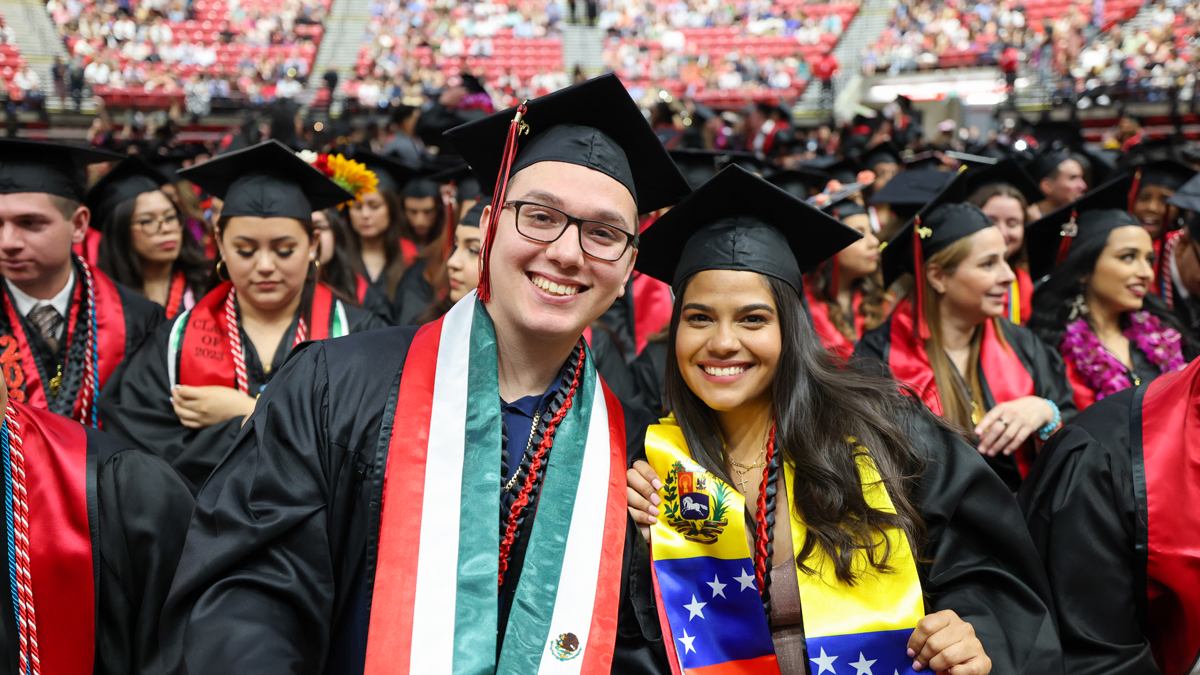MPA Capstone Impacts San Diego Community

June 9, 2020
The School of Public Affairs master’s program has the option for students to participate in a two-semester interdisciplinary capstone project in lieu of a thesis. This capstone project unites students from city planning, criminal justice, and public administration to work together on research that benefits San Diego local government agencies, and nonprofits.
“This capstone project is an opportunity for students to get involved in local issues. It also provides the students with a sense of community and social responsibility by understanding and analyzing these cases,” said city planning graduate Ana Carolina Garate.
Garate worked on Assessing the Effectiveness of Implementing a Bus/Bike Lane along El Cajon Blvd. Her team partnered with the City of San Diego, MTS, and The Boulevard - El Cajon Blvd Business Improvement Association.
In the Fall before they plan to graduate, students enroll in PA 605 - Seminar in Research Methods, where they learn important theories about conducting research and are introduced to the project they will take on. The following semester, they enroll in PA 795 - Capstone Seminar in Public Affairs, where they use their acquired e research methods to finalize the project.
This year there were nine capstone projects ranging from researching the issue of crime and homelessness in Grantville, to assessing the community service needs for Live Well San Diego South Region.
This is the most critical component of the capstone, according to Associate Professor Joshua Chanin.
“It allows the students to apply the theory and concepts that they have learned to real-world problems and issues. These are people who will ultimately go and do work in the community as public servants, and this gives them an opportunity to apply that knowledge to issues that organizations in San Diego are actively working to address,” said Chanin.
“This was a big step for me in learning about local agencies and their implementation projects, and especially about public transportation issues,” said Garate.
With the onset of COVID-19 and the move to virtual learning, students had to make adjustments to their projects and research. Rather than interviewing face to face, students moved interviews to virtual platforms like Zoom.
“We had to make adjustments, but we tried to make it rigorous and as consistent with the original scope of work as we could while making sure students stayed safe,” said Chanin. “I am proud of our students and appreciate the flexibility and support that our community partners and other faculty members gave the capstone teams.”
The content within this article has been edited by Lizbeth Persons.

